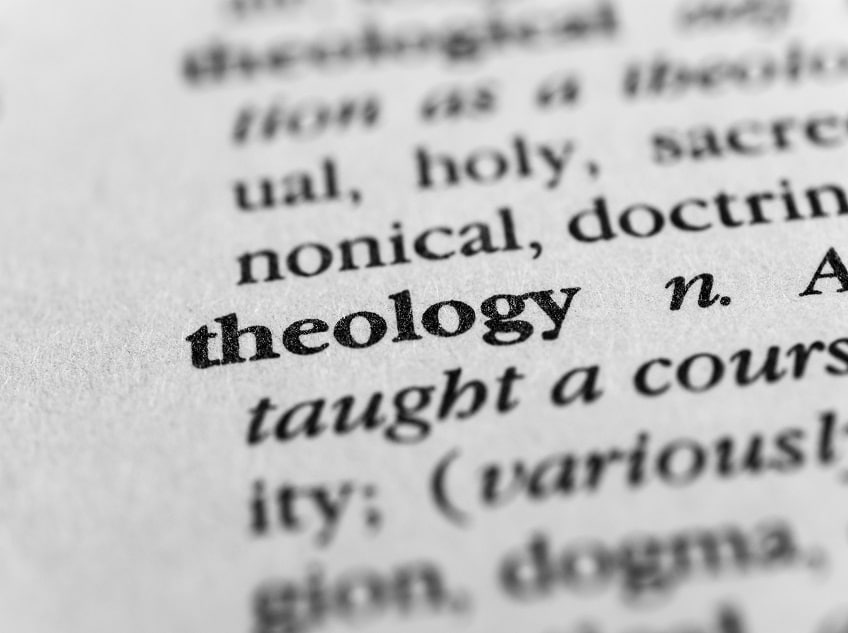Theology Studies
Theology is the critical study of the divine. Theologists assess religion from a viewpoint not unlike scientists. Whether you believe in a god or not, theology can be a fascinating subject to study. Religion has traditionally been one of the major points of human discussing and culture through history. Even today, many parts of the world are still motivated by religion. Taking a look at this through the lens of science is fascinating.
For anyone who is considering a career with the Church (or any other religion), a course in Theology demonstrates a sound knowledge and good practical skills to any potential employers.
About Theology
In English, Theology is defined as ‘The science of things divine’. In reality, this covers a lot of different forms of study. To be a theologist assumes that a God of some description does exist, and that evidence for it can be found. The search for evidence often overlaps with religion.
All major world religions have had influential theologists throughout their history. Allamah Sayyid Abul A’la Maududi was one of Islam’s greatest modern philosophers, active in the 20 th century. In the 21 st Century, Reza Aslan has been very successful in researching the life of Jesus. There are plenty of modern applications for the discipline outside of a religious setting, too.
Types of Course
The type of qualification you can achieve depends on when you decide to finish your study. A one-year course can earn Theologists a Certificate award. Completing two years of study will bring a Diploma. Students that study for 4 years will receive a degree at the end of their study. There are also postgraduate options for Theology, which require an undergraduate degree to be accepted.
Courses generally cover the following topics of research:
- The social impact of religion across human civilization, and how it has shaped society today. This can take the form of both sociological research and anthropological research.
- Comparisons between religions – for example, how the Abrahamic religions all share a common belief, and have only diverged over time.
- Religious history. A strong knowledge of what has come before is important to understand how religion plays a role in our world today.
- Philosophy is an underpinning point of religion. A study of the various philosophies employed by the religions studied is vital to getting the most from the subject.
- Examining the psychology of religion – the common mindset that links believers together – is also often studied as part of theology.
What can I do with Theology?
What you can do after taking a course on theology depends on what you have achieved. If you have a Certificate or Diploma, you can use this as evidence to study a full undergraduate degree at university.
If you have already got your degree, there are many things you can do with Theology. The most obvious choice is become part of the church (or any religion of your choosing). A degree in Theology shows a critical understanding or the role religion plays in everyday life. Of course, if you have studied Theology but do not want to live a religious life, there are many examples of Theologists making successful careers as authors and researchers.
As an academic discipline, the course shows that students are critical and effective thinkers and can often accompany a degree or career in another field that involves critical thinking. Theology degrees are also well regarded in the United States of America.
Whatever your reason for deciding to study Theology, there is sure to be a course that suits your requirements, time frame and eventual goals.












INTERESTED